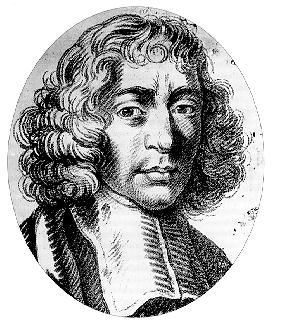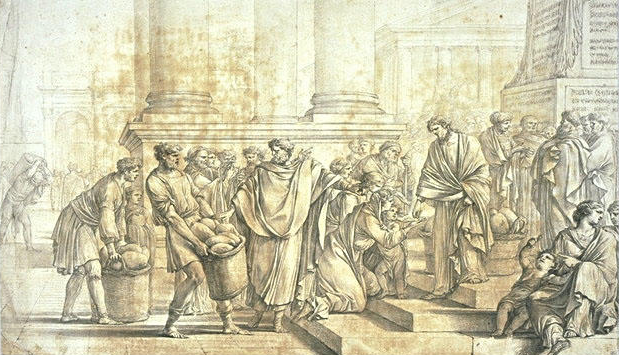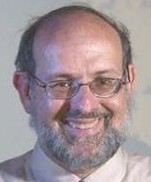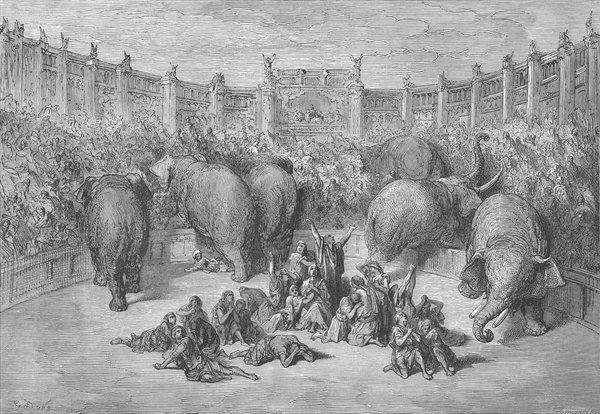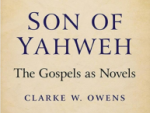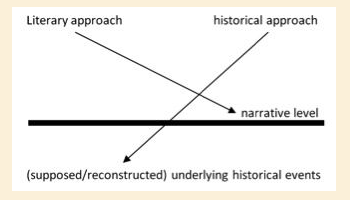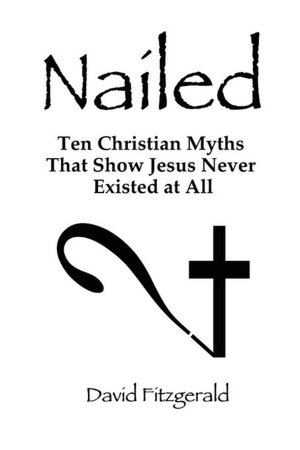Social-Scientific Criticism
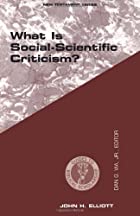
In an earlier post — Casey: Taking Context out of Context — we discussed the disturbing habit in NT scholarship of explaining away textual difficulties by playing the high-context card. For example, in What Is Social-Scientific Criticism? John H. Elliott of the Context Group writes:
Further, the New Testament, like the Old Testament and other writings of antiquity, consists of documents written in what anthropologists call a “high context” society where the communicators presume a broadly shared acquaintance with and knowledge of the social context of matters referred to in conversation or writing. Accordingly, it is presumed in such societies that contemporary readers will be able to “fill in the gaps” and “read between the lines.” (John H Elliott. Kindle Locations 125-128)
Similarly, Bruce Malina explains why Paul’s writings are often “misunderstood”:
The New Testament was written in what anthropologists call a “high context” culture. People who communicate with each other in high context societies presume a broadly shared, generally well-understood knowledge of the context of anything referred to in conversation or in writing. (Bruce J. Malina; John J. Pilch. Social-science Commentary on the Letters of Paul (p. 5). Kindle Edition.)
Hoping to explain away the messianic secret, David F. Watson says:
The necessity of protective secrecy was exacerbated in the ancient Mediterranean context by the “high-context” nature of the culture. A high-context culture is one in which people are deeply involved in the everyday activities of those around them and in which information is widely shared. . . . Within the high-context setting, secrecy would be an important and necessary means of protection. (Watson, Honor among Christians: The Cultural Key to the Messianic Secret, p. 25)
Useful but misused
I want to be clear up front. I would never argue that social-scientific criticism is in itself a misguided approach, but I do wish to point out a few observations that indicate a pattern of misuse. We continually read that the people in Jesus’ and Paul’s time lived in a high-context culture, with little in the way of demonstration.
However, a scientific approach demands that scholars provide evidence for their assertions. Besides proving that NT writers lived in high-context cultures, scholars must also prove it follows that their writings will always reflect that high context. Because it is stated flatly as a “known fact,” we miss out on important points of the discussion. For example:
Continue reading “What the Context Group (and Casey) Missed”


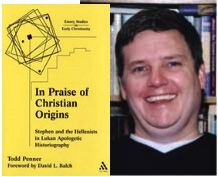
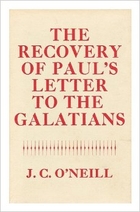 J. C. O’Neill (1930-2004)
J. C. O’Neill (1930-2004)